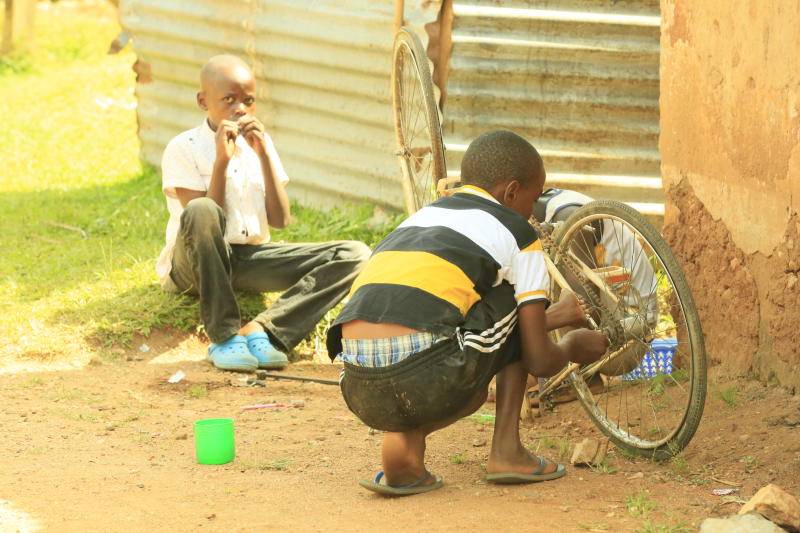×
The Standard e-Paper
Home To Bold Columnists

Pressure is now mounting on parents to participate in their children's home learning programmes facilitated by the Ministry of Education.
It emerged that some parents are still struggling to ensure their children follow the Out of Classroom programmes that are being facilitated through broadcast and digital platforms - radio, TV and the Kenya Education Cloud online platform.